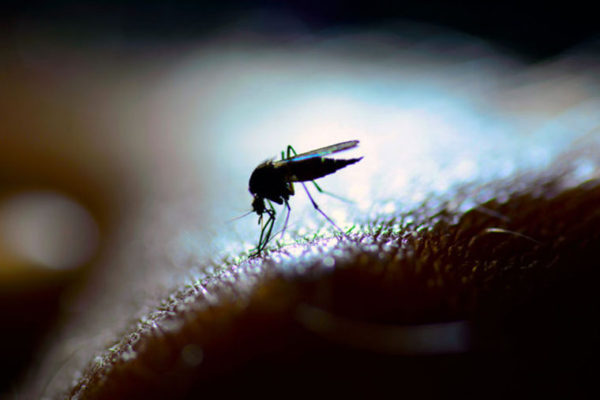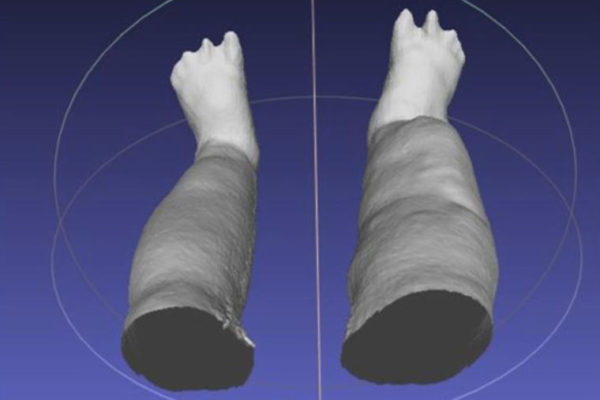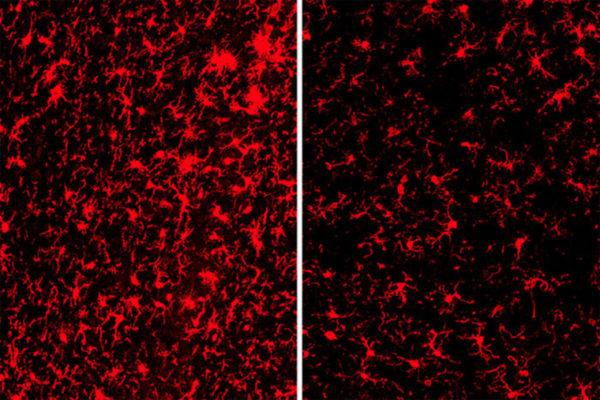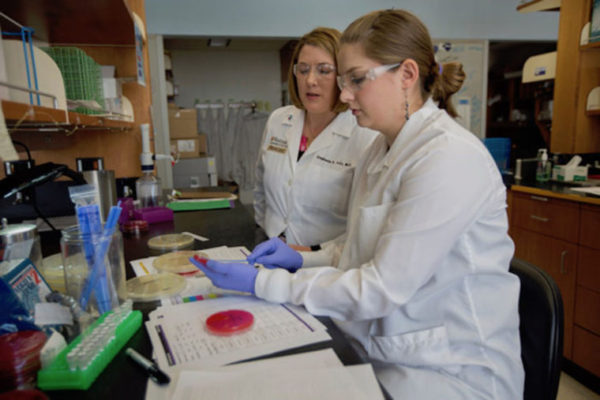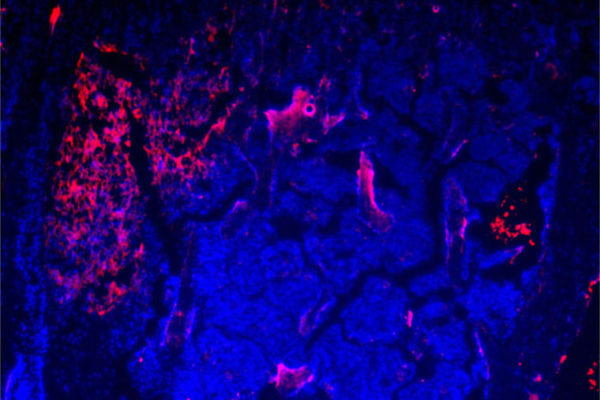Key malaria parasite findings could lead to new treatments
Researchers at the School of Medicine have identified how the malaria parasite gets into and out of red blood cells, and chemical compounds that block the process. The findings could lead to desperately needed new drugs for the deadly mosquito-borne disease.
Large declines seen in teen substance abuse, delinquency
More than a decade of data indicates teens have become far less likely to abuse alcohol, nicotine and illicit drugs, and they also are less likely to engage in delinquent behaviors, such as fighting and stealing, according to results of a national survey analyzed by researchers at the School of Medicine.
New gene-altering treatment offered for certain blood cancers
A new immunotherapy that targets certain blood cancers is being offered for the first time at Siteman Cancer Center. Newly approved by the FDA for types of advanced non-Hodgkin lymphoma in adults, the CAR-T cell therapy harnesses a patient’s own immune system to fight cancer.
Portable 3-D scanner assesses patients with elephantiasis
Scientists at the School of Medicine in St. Louis, working with collaborators in Sri Lanka, have shown that a portable scanning device can measure limb enlargement and disfigurement faster and more easily in patients with elephantiasis.
Three Questions with Ira Kodner on Frankenstein and medical ethics
For Ira Kodner, MD, emeritus professor of surgery, Frankenstein has many ethical lessons for young scientists, physicians and society at large.
Alzheimer’s gene poses both risk — and benefits
A new study the School of Medicine shows that having a working copy of the gene TREM2 can reduce risk of Alzheimer’s disease under certain conditions but worsen disease in others.
Moving toward a pay-for-value model of prescription drug pricing
Prescription drug prices have skyrocketed and fixing the complex pricing models is complicated. That’s no excuse for not trying, says the School of Law’s Rachel Sachs.
Genetic testing helps set safe dose of common blood thinner
A new study led by the School of Medicine shows that genetic testing can improve the safety of warfarin, a common blood thinner, for patients at high risk of dangerous blood clots.
Antibiotics warranted for kids with minor staph infections
Research led by the School of Medicine indicates that prescribing antibiotics — in addition to lancing and draining staph-infected areas — reduces the risk of recurrent infections.
Chemo-loaded nanoparticles target breast cancer that has spread to bone
Scientists at the School of Medicine in St. Louis have developed a nanoparticle that can deliver chemotherapy directly to tumor cells that have spread to bone. Research in mice showed the treatment kills tumor cells and reduces bone destruction while sparing healthy cells from side effects.
Older Stories
